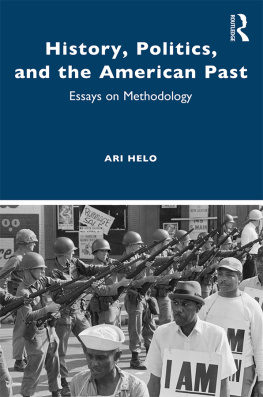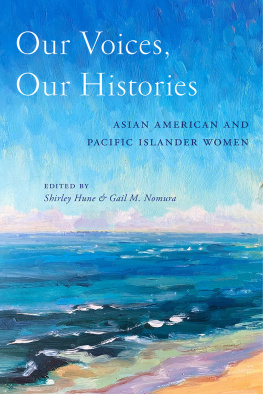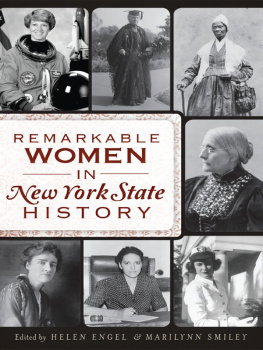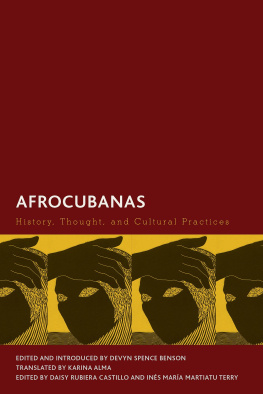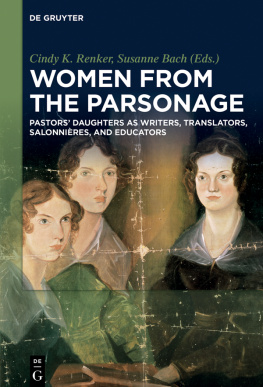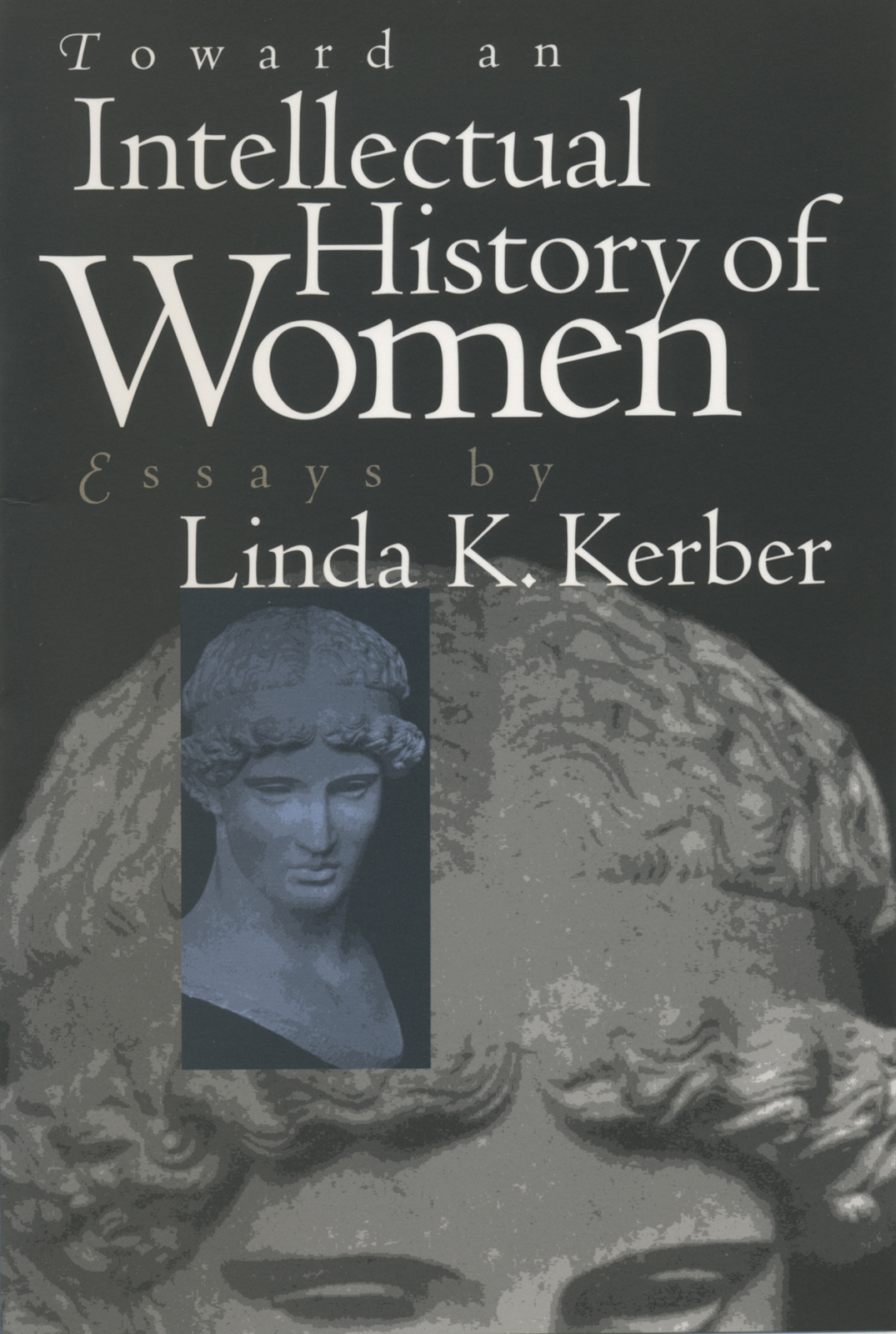Switchboards, Cortland Exchange, c. 1890
Jane Addams in Hull House dining room, c. 1930
Halsted Street view of Hull House, c. 1915
Plan of the Hull House buildings, c. 1963
Physics lecture room at the University of Michigan, c. 1890
ACKNOWLEDGMENTS
Barbara Hanrahan, now director of the Ohio State University Press, had faith in this project from the beginning, and her wise counsel gave the book its shape.
The visible college of students and colleagues in the Department of History at the University of Iowa has sustained my work for more than twenty-five years. At a time when many who wished to initiate courses in womens history had to fight hard battles with curriculum committees, the department only wanted to know whether I wished to teach on Monday-Wednesday-Friday or Tuesday-Thursday. By the rigorous standards it sets and the supportive conversations it sustains, the department has provided the conditions for much of this work. The May Brodbeck Chair in the Liberal Arts offered precious gifts of time and research funds; Jay Semel and Lorna Olson make the Obermann Center for Advanced Studies a congenial retreat.
I am deeply grateful for support received over the years from the National Endowment for the Humanities. I have been fortunate to work at a time when a national system of financial support and peer review for scholarship funded not only my own research and writing but also the invigorating work of many others on which my own depends. Fellowships from the John Simon Guggenheim Memorial Foundation, the Rockefeller Foundation, and the National Humanities Center came at crucial moments and made possible much that appears here.
In the invisible college, colleagues taught by example. They also taught by scribbling in my margins, by raising challenging questions, by urging me on. When it came time to conceptualize the Introduction, Robert Gross helped in very important ways; so did Alfred F. Young and Alice Kessler-Harris. I am grateful for the advice of Suzanne Lebsock, Jeanne Boydston, Cindy Aron, and Nell Irvin Painter.
At the University of North Carolina Press, Kate Torrey nudged gently, making sure that this book did not get pushed aside by my commitments as president of the Organization of American Historians. Ron Maner managed the steps toward publication with skill. I feel very lucky and very grateful that Richard Hendel has designed this book.
Chance brought Jane De Hart and me together on the first American Historical Association Committee on Women Historians in 1971. There we found ourselves part of an extraordinary national community of feminist historians; there we learned that the learned societiesthe American Historical Association, the Organization of American Historians, the American Studies Associationcould be havens for historians who were striking out in new directions and also forces for professional change. Working on the committee, we wrote reports and proposals and manifestos; when our terms were up, we had learned to finish each others sentences and often each others thoughts. Ever since then Jane has scrutinized my arguments and my prose, including much that has gone into this book. She is the best of colleagues, best of friends.
And for all my adult life Dick has been there, companion through the distractions that these essays have brought with them, colleague who reads every word that I write. Once again, this book is for him.
TOWARD AN INTELLECTUAL HISTORY OF WOMEN
INTRODUCTION
In the invisible college that students do not see, academics educate each other. Term papers do not stop when Ph.D.s are awarded. With varying mixtures of loyalty, pride, curiosity, and energy, we accept each others assignments. We submit our work to each others review. Sometimes we know our critics, sometimes we dont. Masquerading as flattery, as opportunity, as obligation, commissions pour in.
When I look at the table of contents of this book, each title resonates simultaneously with a friends voice and a colleagues will power, urging me to reschedule what I had thought was my own research agenda. Sometimes it is a matter of honor: Eric McKitrick and Stanley Elkins are gathering essays by Richard Hofstadters former students to honor his memory after his untimely death; it is itself an honor to be part of that project. Sometimes it is an assignment. An old and dear friend, arranging a conference on the theme Defining Our Terms, calls to say that shes certain that I am the appropriate person to reflect on the changing uses of the term separate spheres; the exercise will be strenuous, she admits, but it will be good for my intellectual health. Sometimes it is opportunity: travel now, pay later in manuscript. Ron is organizing a conference and needs a keynote speaker; Darline is organizing an international conference and needs an Americanist. Each time I accepted an assignment, I wondered if it were deflecting me from my real work on a longer project, but my own research agenda has been enriched by what I have learned in the invisible college about my capacities as a historian and as a writer.
In the early 1970s, when the first of the essays in this book was published, a friendly but unadventurous colleague tried to warn me off. Womens history is a topic, not a subject, he said gently. I knew he was wrong: Mary Beards Woman as Force in History (1946) and Eleanor Flexners Century of Struggle (1959) sat rock-solid on our shelves; Gerda Lerner had already begun a series of major interpretative essays in 1969. But I also knew he was right: gender was not yet understood to be, in Joan Scotts felicitous phrase, a useful tool of historical analysis. Throughout my graduate student years at Columbia University, my colleagues and I had read virtually no books by women historians, no biographies of women activists, and, with the exception of works by abolitionists, no primary source materials testifying to womens experience. This would have been less true had we been medievalists. Columbia historians took great pride in public speaking, and during my years there, from 1961 to 1968, I heard many dazzling lectures. But none were by women faculty members. There were, in fact, no women faculty members among the Americanists at Columbia, although I had been taught by women at Barnard, the womens college of the university, whose faculty had courtesy privileges at Columbia and occasionally served as graduate examiners or as members of dissertation committees. No lecture in graduate school that I remember focused clearly on womens historical experienceas workers, teachers, educators, politicians, criminals. None of the books that I was expected to read in preparation for examinations were written by women.


